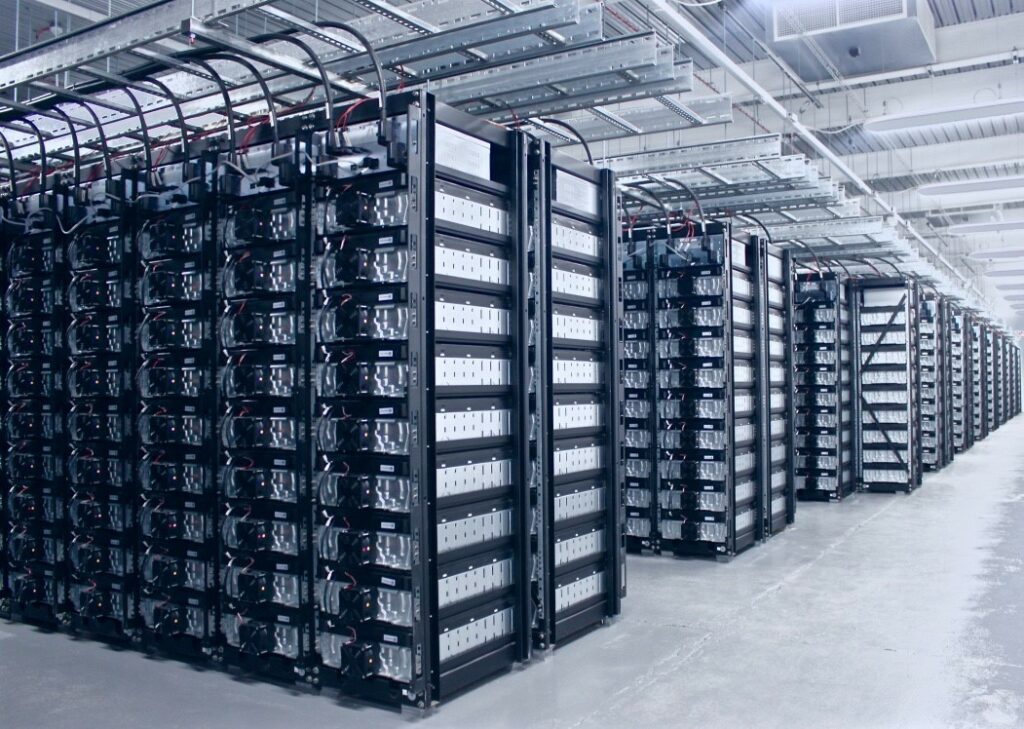Batteries can offer a cost-effective option for upward and downward reserve, a project run by Arenko and National Grid ESO has found.
The trial, first announced in May, found that the Electricity National Control Centre (ENCC) can effectively request the availability of sustained upward and downward reserve using a new operational agreement. As such, batteries offer a real alternative to thermal power plants and Combined Cycle Gas Turbines.
Arenko’s flexible software architecture and automation technology was used to control the 41MW Bloxwich battery – which was recently acquired by Gresham House Energy Storage Fund – to provide flexibility and highlight how batteries can be used to balance the system outside of just the frequency response market.
The ENCC determined whether to request upward or downward reserve, following which Arenko provided bid and offer prices. The centre then provided an economic assessment of meeting reserve requirements using Arenko’s bid in comparison to other options.
Two windows were then selected for the trial, during which the operational agreement was activated and the ENCC could call on Arenko’s battery for upward and downward reserve.
The battery was instructed in 11 settlement periods, providing 53.3MWh of negative reserve and 29.9MWh of positive reserve, providing a net cash flow of £96. The activation of operational arrangement for upward and downward reserve results in the total payment (rounded to nearest pound) of £3342.
National Grid ESO and Arenko will now run further trials through July and September 2020 with a broader number of batteries.
Rupert Newland, founder and chief executive of Arenko said they were delighted National Grid saw “such value in the potential and cost effectiveness of using batteries, operated by our software, to deliver upward and downward reserve.
“This innovative approach is a further example of Arenko creating value for our customers. We look forward to these extended trials and ultimately establishing upward and downward reserve as a core market for our battery customers to generate additional revenue from their batteries.”
The initial trial has highlighted two areas where further work is required, firstly more experience to see how an operational agreement could be more efficiently integrated into ENCC processes and secondly the full value of such an agreement, taking into account repositioning.
In a statement, National Grid ESO said it wanted “to thank Arenko for their proposal and working with us on the initial trial, and all other parties who worked with us to access additional flexibility at pace this summer”.
“We believe that short burst trials are a positive way to for the ENCC to learn at pace and support providers looking to enter the market and provide solid foundations for operating carbon free by 2025.”





